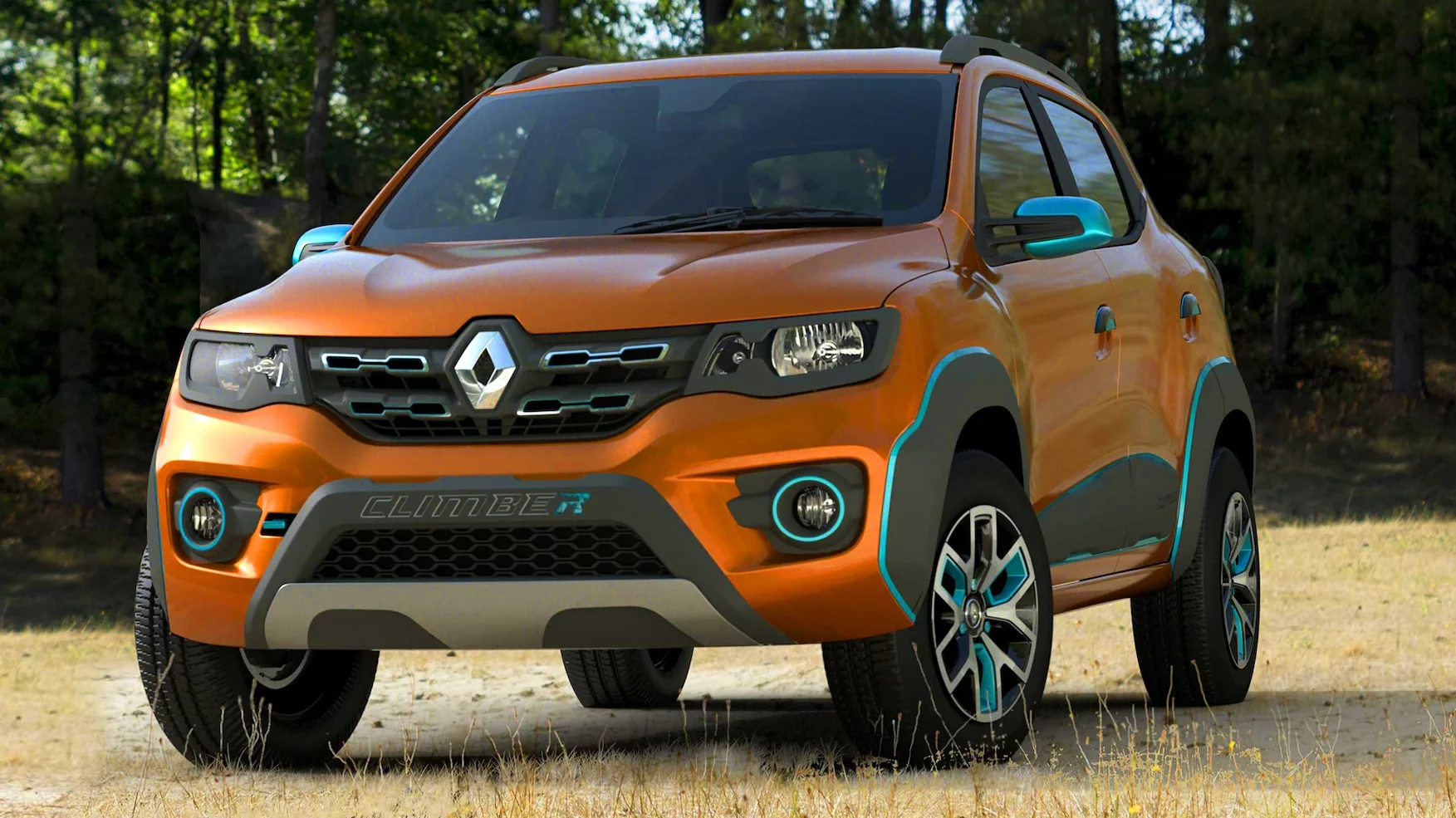The automotive industry faces significant challenges as consumer economic pressures, changing preferences, and regulatory shifts shape the landscape. At PMUnit, we analyse how Renault, a prominent player in the UK automotive market, can adjust its Research and Development (R&D) priorities, reshape its 2025 fleet, and refine its consumer offerings to remain competitive and responsive to the evolving market.
A data-driven R&D approach
To begin, Renault must adopt a data-driven R&D approach. Harnessing the power of big data and advanced analytics will enable the company to understand consumer preferences better, anticipate market trends, and make informed decisions regarding its R&D priorities.
- Renault should invest in market intelligence to gather real-time data on consumer economic pressures. This data should include information on economic indicators, consumer spending habits, and emerging trends in the UK market.
- Establish a systematic feedback loop with customers to gather insights about their preferences and financial constraints. Actively involve consumers in the co-creation of new products.
- Streamline R&D processes to ensure faster response times to changing market dynamics. Encourage cross-functional collaboration and foster a culture of innovation.
Reconfiguring the 2025 fleet
The 2025 fleet is a pivotal aspect of Renault’s strategy. Adapting to consumer economic pressures requires a well-thought-out reconfiguration of the product lineup, focusing on affordability, sustainability, and flexibility.
- Given the global push for sustainability and clean energy, Renault should accelerate its efforts to electrify the 2025 fleet. Investing in electric vehicle (EV) technology will cater to environmentally conscious consumers and potentially reduce operational costs.
- To appeal to a broader consumer base, Renault should introduce a range of hybrid vehicles that combine the benefits of electric and traditional combustion engines. These hybrids can offer flexibility and cost savings, especially for those concerned about charging infrastructure.
- Implement competitive pricing strategies, including flexible payment plans and attractive financing options to support consumers facing economic pressures, making Renault vehicles more accessible.
- Develop vehicles with modular components for easy customisation and upgrades. This strategy enables consumers to adapt their cars to their evolving needs, thereby increasing the longevity and value of their investment.

Enhancing Renault consumer offerings
Renault’s success hinges on its ability to provide an exceptional customer experience. To meet this goal in the face of consumer economic pressures, the company must enhance its offerings in several ways.
- Establish a responsive and efficient customer support system, including a user-friendly digital platform for inquiries and issues and a dedicated customer helpline. Proactive communication with consumers can help address their concerns promptly.
- Renault should expand to offer cost-effective maintenance and repair solutions. Consumers are likelier to choose a brand that provides affordable and reliable post-purchase support.
- Demonstrate commitment to environmental responsibility by offering eco-friendly accessories, recycling programmes, and promoting green driving practices. This approach will resonate with eco-conscious consumers.
- Forge partnerships with key stakeholders, such as charging station providers, insurance companies, and financial institutions. These collaborations can lead to bundled services, offering consumers convenience and cost savings.
Renault faces the imperative task of adapting to consumer economic pressures in the UK. By embracing a future business operating model that emphasises a data-driven R&D approach, reconfigures the 2025 fleet, and enhances consumer offerings, Renault can position itself as a resilient and responsive player in the ever-changing automotive industry.
Renault’s ability to thrive in the UK market and meet consumer demands in the face of economic pressures relies on its adaptability, innovation, and customer-centric approach. The proposed strategies provide a comprehensive framework for achieving this goal, ensuring that Renault remains a prominent and trusted automotive brand in the United Kingdom.


